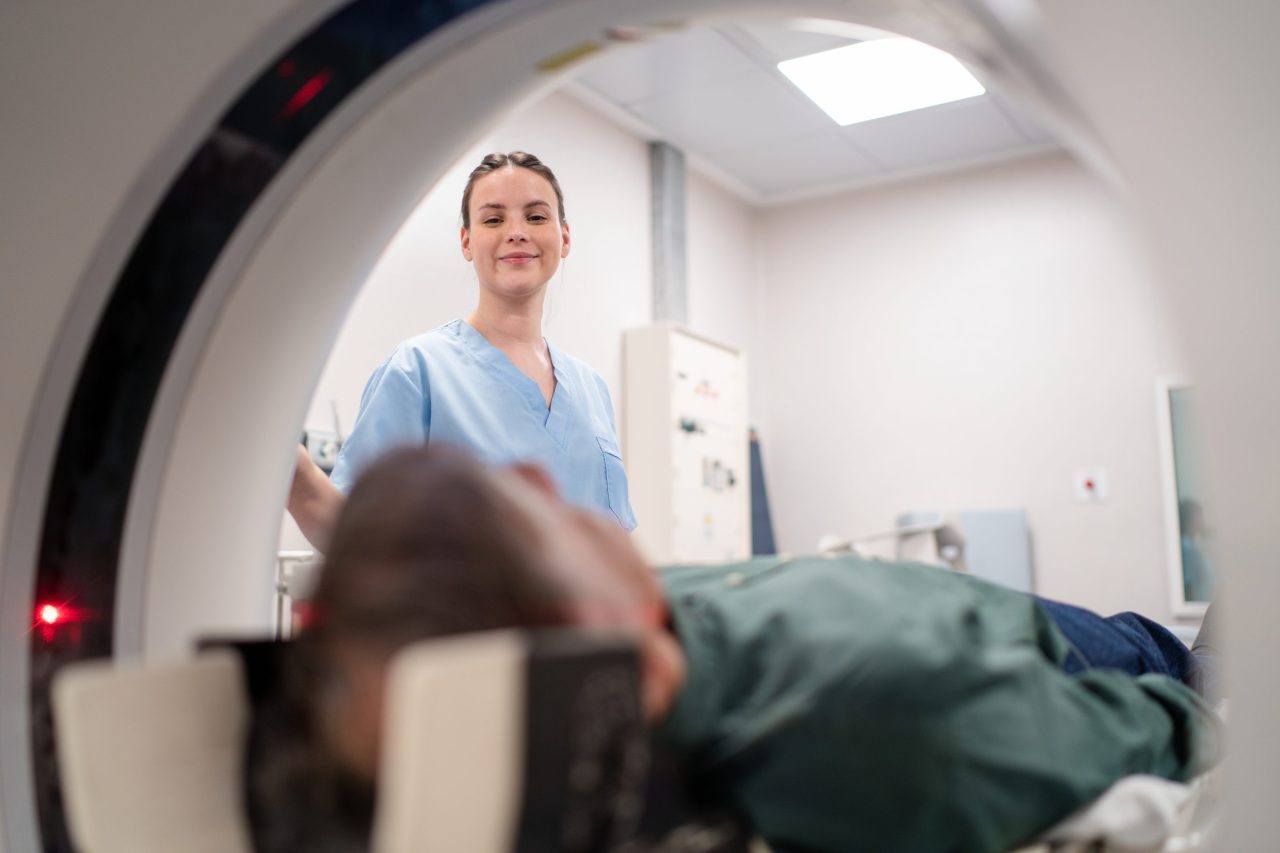Introduction: What Is Your Heart’s Real Age?
You might be 30 years old according to your birth certificate—but your heart could be 40, or even 50. That’s the surprising finding from a growing body of research showing that our chronological age doesn’t always match our biological heart age. A new study published in the Journal of the American Heart Association reveals that knowing your heart’s actual age could be the key to preventing cardiovascular disease—the world’s leading cause of death.
What Is Heart Age and Why It Matters
Heart age is a concept used to estimate how old your heart truly is based on risk factors like blood pressure, cholesterol, smoking habits, diet, physical activity, and more. While your calendar age is fixed, your heart age is a reflection of your lifestyle, choices, and genetics.
Example: A 35-year-old who smokes, eats a poor diet, and rarely exercises might have the heart of a 55-year-old. A 50-year-old who eats healthy, exercises regularly, and has ideal blood pressure might have the heart of a 35-year-old.
Understanding heart age gives individuals a clearer, more relatable picture of their cardiovascular health than numbers like BMI or cholesterol alone.
Study Highlights: Shocking Gaps Between Actual and Heart Age
The recent study analyzed data from over 500,000 adults across various demographics and found that:
Nearly 40% of participants had a heart age at least 5 years older than their actual age. Men were more likely than women to have an older heart age. Individuals with high blood pressure, obesity, or a sedentary lifestyle had significantly older heart ages. Smokers had, on average, a heart age 10 years older than non-smokers of the same age group.
These findings suggest a widespread underestimation of heart disease risk, especially in younger adults who feel “too young” to worry about heart issues.
Why Knowing Your Heart Age Can Save Lives
Early detection of heart age can help prevent heart attacks, strokes, and even premature death. When people understand their heart age, they are:
More likely to adopt healthy lifestyle changes. More motivated to stop smoking. Likely to get screened for cholesterol and hypertension.
Doctors are increasingly using heart age calculators during consultations to make risk more understandable for patients. Tools like the Framingham Heart Age Calculator or NHS Heart Age Tool are publicly available and easy to use.
How to Calculate Your Heart Age
Your heart age is calculated using a combination of:
Age Sex Systolic blood pressure Total cholesterol HDL cholesterol (good cholesterol) Smoking status Diabetes status Family history of heart disease
You can use online calculators or get your numbers checked with a physician. For a more accurate result, always use the most recent lab reports.
Steps to Lower Your Heart Age
Whether your heart age is higher than expected—or you just want to stay ahead—there are powerful ways to turn back the clock on your cardiovascular health:
1. Get Moving Daily Aim for 30 minutes of moderate exercise five days a week. Walking, swimming, cycling, or dancing all count. 2. Eat for Your Heart Focus on whole grains, leafy greens, lean proteins, and healthy fats. Avoid trans fats, added sugars, and processed foods. 3. Quit Smoking One of the single most effective ways to reduce heart age. Smoking cessation lowers your risk dramatically within just a few years. 4. Manage Stress Chronic stress raises blood pressure and heart rate. Use meditation, deep breathing, or yoga to stay centered. 5. Get Regular Screenings Keep tabs on your blood pressure, cholesterol, and blood sugar. Early detection means early intervention. 6. Maintain a Healthy Weight Obesity accelerates heart aging. Losing even 5–10% of your body weight can significantly lower heart age. Heart Age and Longevity: A Strong Connection
The study revealed that people with younger heart ages had significantly lower risks of heart attacks, strokes, and cardiovascular deaths. In fact, some participants in their 60s had hearts biologically younger than those in their 30s—thanks to a lifetime of good habits.
A young heart often means a longer, healthier life, with fewer medical expenses and better quality of life in old age.
Conclusion: Your Heart’s Age Is in Your Hands
The age of your heart is not just a number—it’s a wake-up call. Knowing your heart age offers a powerful window into your cardiovascular health and gives you the tools to take control of your future. Whether you’re young or old, it’s never too early (or too late) to start making heart-smart choices.
Because when it comes to your heart, age is more than a number—it’s a roadmap to your health.




